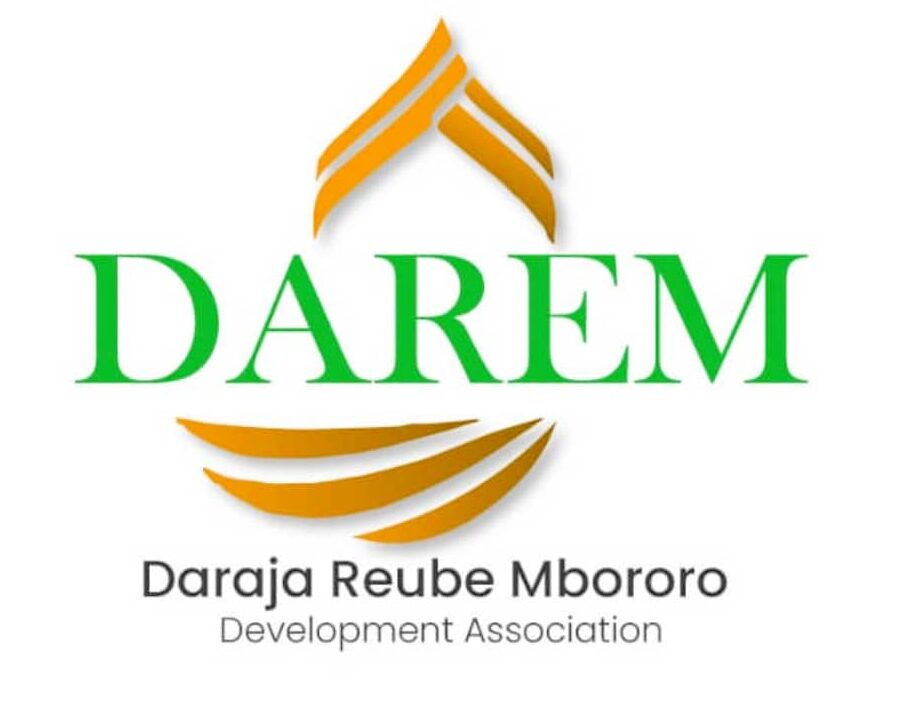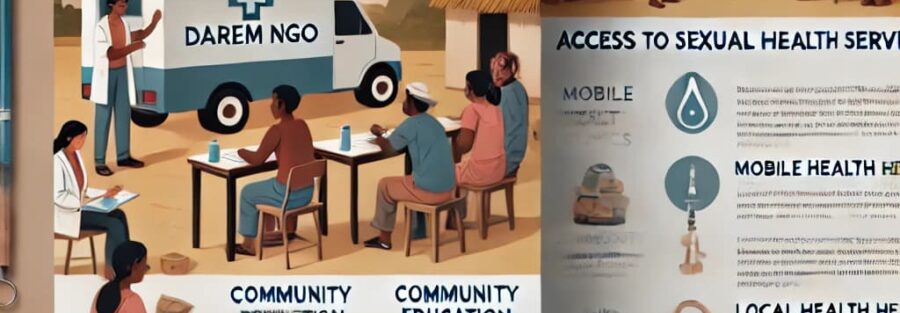INTRODUCTION
Sexual health is a fundamental aspect of well-being, yet access to essential services remains a challenge in rural communities. At DAREM NGO, we work to bridge the gap by addressing barriers, fostering awareness, and providing practical solutions.
Challenges Faced by Rural Communities
1. Geographical Barriers
Rural areas often lack healthcare facilities, and those that exist may be located miles away, making access difficult for residents. Transportation challenges compound the problem, especially for young people and women.
“Walking several kilometers for a health checkup isn’t just exhausting; it’s often not feasible for many families.” – DAREM Field Coordinator
2. Stigma and Cultural Taboos
Talking about sexual health is often considered taboo in rural communities, preventing individuals from seeking help or even discussing their needs. This perpetuates cycles of misinformation and health risks.
“We were taught that discussing these topics is shameful. Now, I understand it’s about protecting myself and my future.” – Workshop Participant
3. Limited Resources
Rural clinics often face shortages of trained healthcare professionals, contraceptives, and essential medicines. This leads to unmet needs in family planning, STI prevention, and reproductive health care.
4. Low Awareness
A lack of education about sexual health leaves many unaware of their rights, the services available, or the importance of preventative care.
“When people don’t know their options, they can’t make informed choices.” – DAREM Educator
DAREM’s Solutions for Bridging the Gap
1. Community Outreach Programs
DAREM conducts regular workshops and awareness campaigns to educate rural communities on sexual and reproductive health. By collaborating with local leaders, we ensure these sessions are culturally sensitive and inclusive.
“Our workshops are a safe space where people can ask questions and get accurate information without judgment.” – DAREM Outreach Volunteer
2. Mobile Health Clinics
To overcome geographical barriers, DAREM has introduced mobile health units that bring services like STI testing, contraceptive distribution, and counseling directly to remote areas.
“The mobile clinic changed my life. For the first time, I received the care I needed without traveling far.” – Community Member
3. Training Local Health Workers
DAREM invests in training local health workers to provide basic sexual health services and counseling. This empowers communities to have trusted sources of information and care.
4. Breaking Stigmas Through Education
By engaging youth groups, schools, and women’s organizations, DAREM is creating a new generation of informed individuals who challenge taboos and advocate for their health.
“Knowledge is the first step to empowerment. Once people understand their rights, they demand better services.” – DAREM Program Coordinator
5. Advocacy and Policy Engagement
DAREM collaborates with policymakers to advocate for increased funding and policies that prioritize rural sexual health services.
Success Stories
Amina’s Journey: A young woman from a rural village attended a DAREM workshop and learned about contraceptives for the first time. With the knowledge she got from a mobile clinic, she accessed family planning services and now advocates for reproductive rights in her community.
Youth Peer Educators: DAREM trained a group of teenagers to become peer educators. They now lead sessions in their schools, reaching hundreds of their peers with life-changing information.
Call to Action
At DAREM NGO, we believe that everyone, regardless of where they live, deserves access to quality sexual health services. With your support, we can continue to provide life-saving programs and break the barriers preventing rural communities from achieving health equity.





